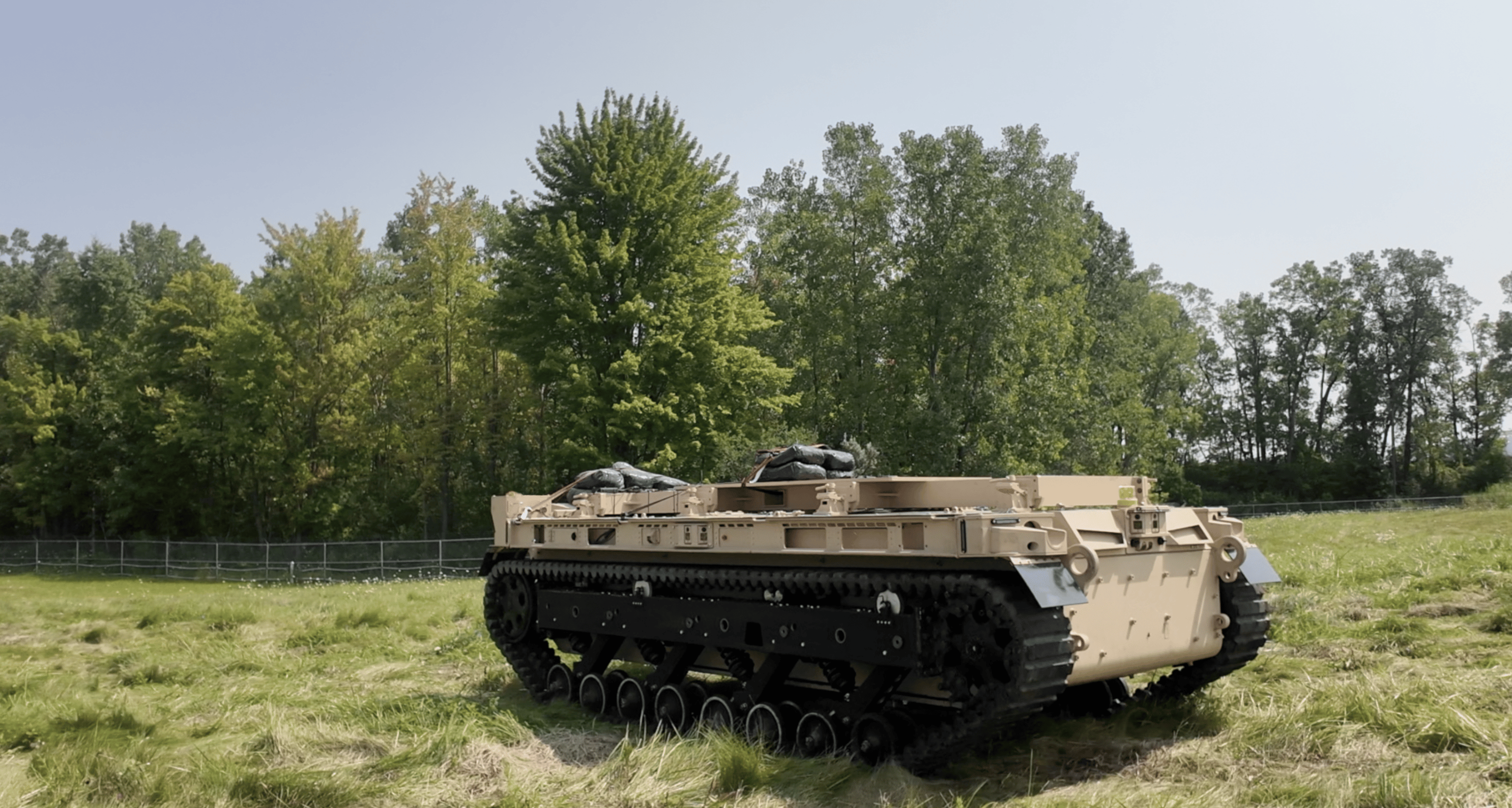ASTM D7041 Composite Armor Adhesion and Delamination Testing
The ASTM D7041 standard is a critical method used in the testing of composite armor materials. This test evaluates the adhesion between the layers of composite materials and their resistance to delamination under various stress conditions. The significance of this test lies in its role as a quality assurance tool that ensures the reliability and performance of composite armor systems, which are essential for enhancing vehicle and land system safety.
ASTM D7041 is particularly relevant in military applications where vehicles operate in harsh environments with varying temperatures, mechanical stress, and exposure to different types of impacts. The test helps to ensure that the composite materials used in these systems can withstand these environmental challenges without compromising their integrity or performance.
The test procedure involves subjecting a composite laminate specimen to tensile loading until delamination occurs. The specimen is typically bonded with an adhesive and subjected to controlled stress levels that simulate real-world operational conditions. This process allows for the quantification of adhesion strength, which is crucial for assessing the overall structural integrity of the armor.
Proper specimen preparation is essential in ASTM D7041 testing. The composite laminate must be bonded according to specific standards and then cut into specimens that are suitable for tensile testing. This ensures that the test results accurately reflect the adhesion properties of the composite material. The process also involves calibrating the testing equipment to ensure consistent and accurate measurements.
The ASTM D7041 standard specifies a range of factors that influence the outcome of the test, including temperature, humidity, and the type of adhesive used. Understanding these factors is crucial for obtaining reliable results. For instance, higher temperatures can increase the likelihood of delamination due to increased thermal expansion coefficients of the materials involved.
The testing apparatus typically consists of a tensile testing machine capable of applying controlled loads over a specified range. The machine must be equipped with appropriate fixtures and grips that can securely hold the composite laminate specimen during loading. Calibration of these machines is critical to ensure accurate force measurements, which are used to determine the adhesion strength.
Once the test is completed, the results are analyzed to determine the maximum load at which delamination occurs. This value provides a quantitative measure of the adhesion strength between the layers of composite material. The ASTM D7041 standard also specifies acceptance criteria for these tests, ensuring that only specimens meeting stringent quality standards pass.
Understanding the real-world implications of this testing is important. In military applications, composite armor plays a vital role in protecting vehicles and personnel from ballistic threats. Ensuring that the materials used are robust enough to withstand various stress conditions is critical for mission success. By adhering to ASTM D7041 standards, laboratories can provide reliable data that helps manufacturers and end-users make informed decisions about material selection.
| Test Specimen | Description |
|---|---|
| Composite Laminate Specimen | A composite laminate sample bonded with an adhesive, cut into a specific size for testing. |
| Tensile Testing Machine | Equipment used to apply controlled loads and measure the maximum force before delamination occurs. |
Industry Applications
The ASTM D7041 composite armor adhesion test is widely used in various sectors, particularly where the integrity and reliability of composite materials are paramount. Here are some key applications:
- Military Vehicle Manufacturing: Ensuring that composite armor systems can withstand ballistic threats and other environmental stresses.
- Land Systems Integration: Testing composite components used in land vehicles to ensure they meet safety standards.
- Defense Equipment Procurement: Providing data for the selection of materials that meet stringent performance criteria.
The test is not only limited to military applications but also finds relevance in other sectors where high-performance composite materials are used, such as aerospace and automotive engineering. In these industries, the adhesion strength between different layers of composite materials can significantly impact product durability and safety.
Quality and Reliability Assurance
The ASTM D7041 test is integral to quality control processes in manufacturing environments. By adhering to this standard, manufacturers can ensure that their composite armor products meet the necessary performance criteria.
- Consistency: Ensures that each batch of composite materials produced meets the required adhesion standards.
- Predictability: Allows for consistent results across different batches and production runs, enhancing product reliability.
- Safety Compliance: Guarantees that products comply with relevant safety regulations, thereby increasing end-user confidence.





